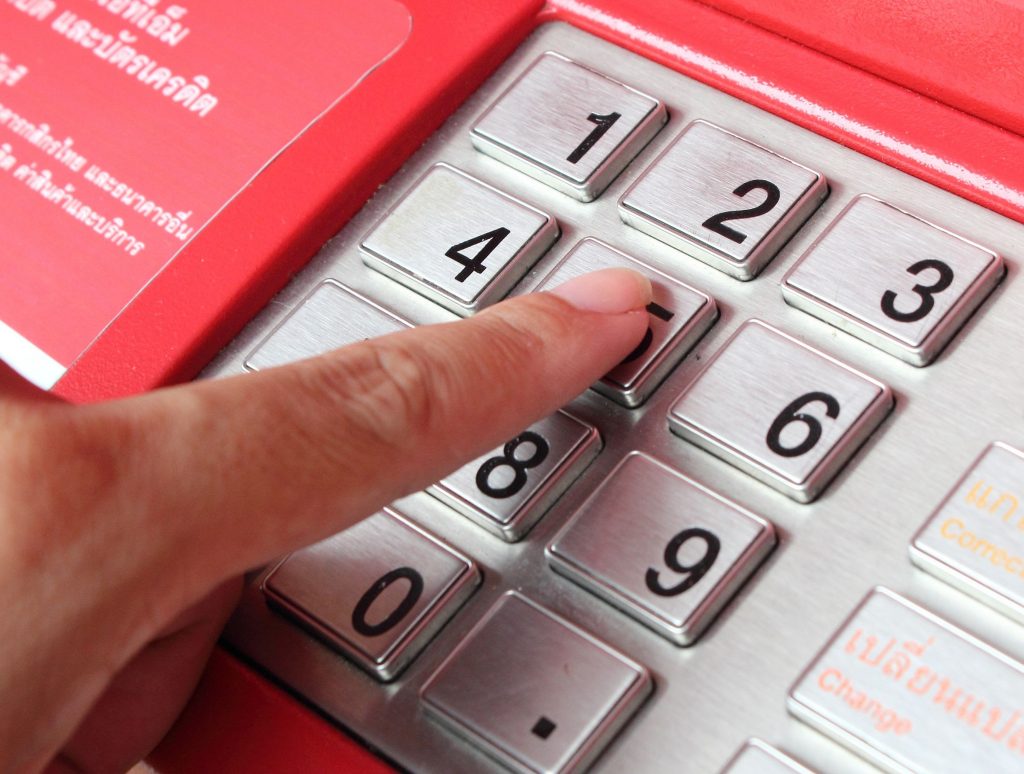
Summer is here and it seems to be a time for fun, sunshine, and fraud. Last year, there were 13.1 million reported victims of fraud that resulted in losses of nearly 15 billion dollars. The following information is designed to help you identify scams and how to avoid being a victim.
What Kinds of Scams Should I Look Out For?
There are hundreds, if not thousands of ways for scammers to steal your information, the following ways are the most common:
- A phone call that claims that they are from an important organization or company (like the IRS or your bank). The caller says that there is a problem with your account. He will ask for your private information in order to verify who you are so he can fix this mistake. This is a scam. You should hang up and call the organization back at the number that you have on your records.
- “Pop-up” ads on websites that ask for your personal information in order to create an account. The website may also sell your personal information if it does not use it itself, making it much harder to find who has your information.
- “Shoulder surfers” are people who will study your card information or memorize the number that you punch in for a payment when paying with a credit or debit card. This is why it is always wise to block the view of your hand when inputting your card information.
- Someone may get their hands on a piece of mail that contains your personal information. This is why documents containing any information about you should be shredded, and documents that aren’t shredded should be in a safe place.
These, of course, are only a few of the ways that people can steal your identity. You should always be wary when someone you do not know is trying to obtain your information.
How to Avoid Identity Theft
Some scammers may try to entice you to give up your information with lucrative proposals. The general rule of thumb is: “If it sounds too good to be true, then it probably is.” For example, someone tells you that you are eligible to receive free gas for three years. You first thought will likely be: “That sounds great! How do I sign up?” However, at some point the scammer will inevitably say “Okay, just sign here and we’ll need your credit card number, address, email, social security number, etc.”
Always keep your information secure by never giving out information unless absolutely necessary. Keep records of your information locked away, install antivirus and firewall protection on your computer and do not carry your information (like your Social Security card) around with you. Be cautious about accepting services from companies that you do not know.
Keep an eye on your bank account and be on alert for notices that your application for a loan has been declined if you never applied for one. Keep a record of your expenditures and look for any expenses that you cannot confirm.
If you suspect that your identity has been stolen, immediately report it to your bank, the police, and the Federal Trade Commission (FTC). You should also report the crime to:
- Your insurance company and any other credit reporting agency
- Any retailers or other institutions that the scammer has used your name or information to clarify that you did not buy/apply/or open an account at that institution.
- State Consumer Protection Offices may have resources for you to recover from your stolen identity.















